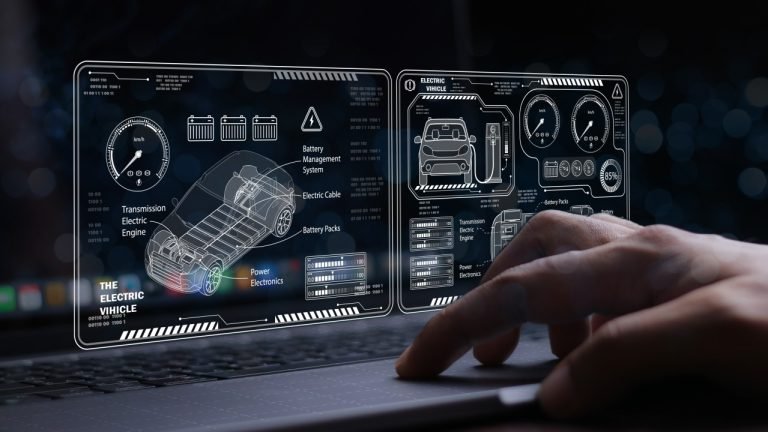In a landmark regulatory move, the U.S. Department of Commerce has finalized a rule that bans the import and sale of connected vehicle technologies linked to China and Russia. The sweeping restrictions, effective from March 17, 2025, mark a significant escalation in U.S. efforts to safeguard national security in an increasingly digitized automotive landscape.
The final rule will have far-reaching consequences for the automotive supply chain, vehicle data governance, and international trade relations.
What the Rule Covers — and When
The rule applies to connected vehicles and components that are either produced by or linked to Chinese or Russian entities. That includes manufacturers, software providers, and suppliers “owned by, controlled by, or subject to the jurisdiction of” these countries.
The ban will be phased in over the next several years:
- Software components from restricted entities are banned in model year 2027 vehicles onward.
- Hardware components will be subject to restrictions starting model year 2030.
This gives automakers a few years to realign their supplier networks — but the scale and complexity of the required changes will likely be disruptive across the industry.
The National Security Argument
At the core of this policy is the protection of sensitive personal and operational data. Connected vehicles collect vast amounts of user information — including location, voice commands, driving behavior, and potentially even biometric data. The government fears that allowing foreign adversaries access to such data could present risks ranging from surveillance to cyberwarfare.
“Vehicles today are more than just transportation — they are data platforms on wheels,” said a senior Commerce Department official. “Protecting that data is now a matter of national security.”
The rule also builds on earlier restrictions placed on Chinese telecom and semiconductor firms, such as Huawei and SMIC, reinforcing the administration’s broader effort to limit strategic tech dependencies on geopolitical rivals.
How Automakers Must Adapt
U.S. automakers like Ford, General Motors, and Tesla are now under pressure to review and replace connected system vendors across infotainment units, telematics, over-the-air update tools, and even underlying software libraries.
Although many companies had already begun reducing exposure to Chinese technology due to earlier sanctions and trade tensions, this rule makes full compliance mandatory.
The challenge will not be limited to switching out visible hardware. It extends to source code, embedded chips, network protocols, and data-sharing APIs — all of which must be vetted and re-sourced.
What This Means for the Industry
Beyond regulatory compliance, this move could accelerate a broader decoupling of U.S. and Chinese technology ecosystems, particularly in sectors where real-time data, edge computing, and cloud connectivity are involved.
It also signals a new era of automotive design — where cybersecurity, digital sovereignty, and data localization are no longer side issues, but core design and procurement considerations.
Source: U.S. Department of Commerce Press Briefing, April 2025



 Share your Details for subscribe
Share your Details for subscribe